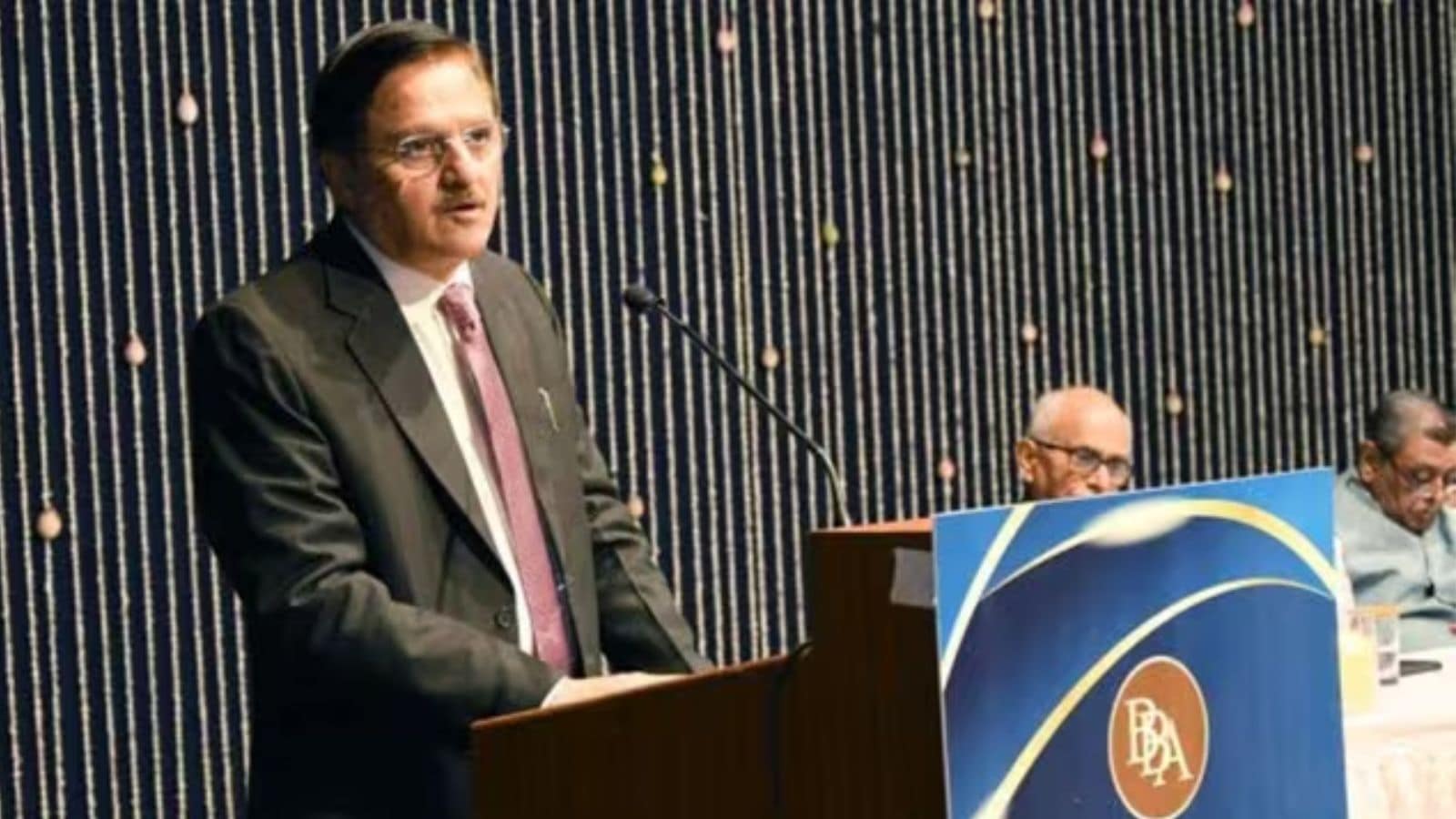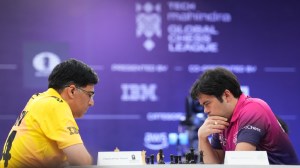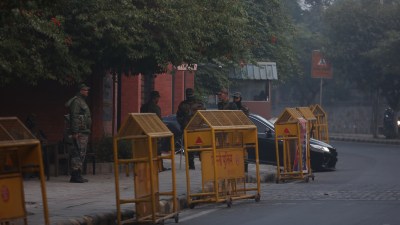‘Nothing is perfect, need to evolve better system to replace Collegium: Justice Oka
The media, on the other hand, can mould public opinion and reflect on whether something was right or wrong, he said
 Responding to a question on delay in appointments of judges, Justice Oka said that it is happening after the recommendations are made by the SC Collegium (File)
Responding to a question on delay in appointments of judges, Justice Oka said that it is happening after the recommendations are made by the SC Collegium (File)Justice (retired) Abhay S Oka, former Supreme Court judge, on Friday said while some people may have a view that the Collegium system for appointment of judges is “wrong”, a better system has to be evolved as “no system can be perfect”.
The Collegium of senior-most SC judges makes recommendations to the central government for appointment of judges to High Courts and SC. Justice Oka, who retired as an SC judge on May 24 this year, was part of the SC Collegium for the last six months of his tenure.
On Friday evening, he was speaking on “Holding the Government to Account: The Role of an Independent Judiciary and a Free Press” at Mumbai Press Club.
“Somebody may say that the Collegium system is wrong. But we have to evolve a better system to replace the existing Collegium system. No system can be perfect. Every system will have its flaws. Judiciary has its flaws. Executive has its flaws. So, we have to find a better system. Evolve a better system,” Justice Oka said in response to a question on “lacunae” in the Collegium system.
Responding to a question on delay in appointments of judges, Justice Oka said that it is happening after the recommendations are made by the SC Collegium. “There are judgments in place that the government can send a name for reconsideration. And after it is reconsidered by the Collegium, then the government has to sign on the dotted line. That judgment is not being implemented.”
Speaking on the issue of fundamental right of speech and expression, Justice Oka said that the judge may not like something said or written or expressed by someone through an art form.
“But as a judge, my duty is to see whether there is violation of fundamental rights and if any offence is made out. I cannot travel beyond that duty and it ends by writing a strong judgment, coming down heavily on infringement of a fundamental right under Article 19 (1) (a). As a judge, I do not have power to say what the person has expressed is right or wrong.”
The media, on the other hand, can mould public opinion and reflect on whether something was right or wrong, he added.
He also said that “whether there is an emergency or no emergency, the fundamental rights of citizens are always under threat in one form or the other” and the role of judiciary and media is important in such a situation.
Justice Oka further said that the right to live in a pollution-free environment is part of Article 21 (right to life and personal liberty) of the Constitution, therefore “it is the duty of the court to ensure that the laws relating to the environment are strictly enforced.”
On the debate between development and environment, Justice Oka remarked, “… laws relating to the environment must prevail. But have we done enough? There is always an attempt made by the executive to overreach the orders of the court when it comes to orders on the environment,” the former judge added.
Justice Oka further highlighted the issue of undertrial prisoners languishing in jails for several years. “We are not here to say that somebody who has committed a heinous offence should be protected or he/she should be shown leniency… but we have to also consider the rights of those who are languishing in jail,” he said. He added that the common person and the press have “the right to offer constructive, studied criticism of judgments delivered by the court”.







